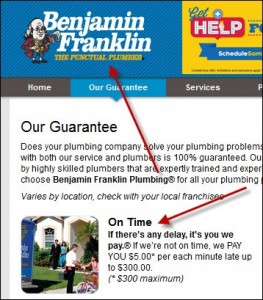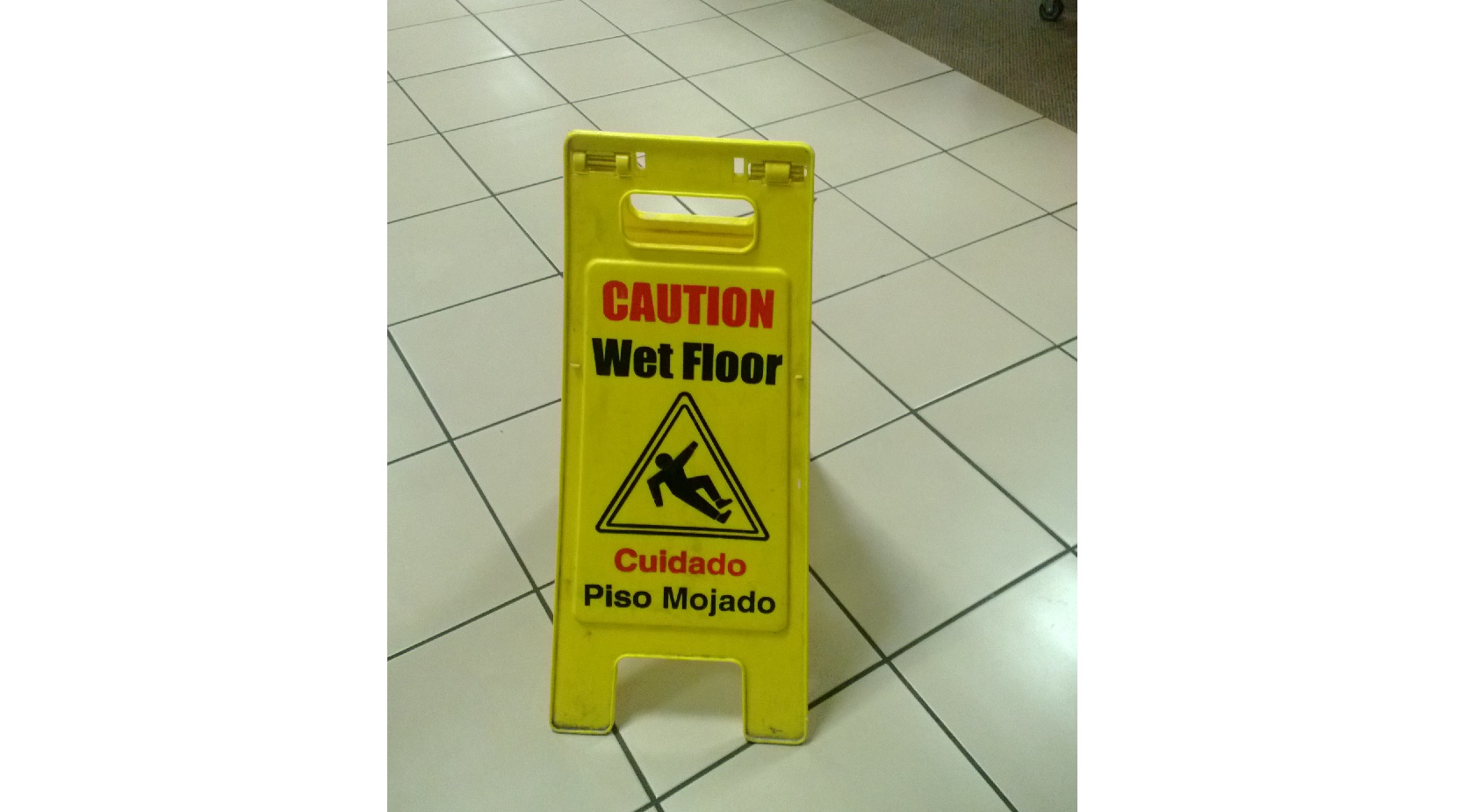“If you and I both owned a hamburger stand,” Gary Halbert famously asked, “and we were in a contest to see who could sell the most hamburgers, what advantages would you most like to have on your side to help you win?”
You’ve probably heard this one before.
The answers vary. Some entrepreneurs want the freshest beef. Others go for the tastiest buns, a high-traffic location, the lowest prices, etc.
Gary only wanted one advantage: a starving crowd.
When people are hungry, they need to eat. If they’re starving, they’ll pay anything, there won’t be objections to overcome, and the food doesn’t even have to be that good.
There’s a lot of wisdom in that idea. If YOU want to sell something, you gotta find some customers hungry for what you bring to the table.
But…
Is a Starving Crowd Enough?
The part of the story that usually gets left out is this: Halbert’s imaginary burger-selling contest is, well, imaginary. There are starving crowds everywhere – but in most cases, the market is teeming with burger joints competing for the same customers.
How do you keep from becoming a commodity?
You can’t just step out there, expecting people to throw money at you. Having a high quality product doesn’t guarantee success, either. You have to do something unique. Something
- better
- faster
- more specifically targeted
- easier
- more glamorous
- funner
- less painful
…or you have to be cheaper. Or engage in hand-to-hand combat with the “big boys” (and a bunch of smaller competitors who probably want it just as bad as you do).
Benjamin Franklin Plumbing is a great example making of a very “boring” business, where competition is fierce, much more interesting. It involves one of the strongest guarantees you’ll see in anywhere:
Businesses only exist because there are problems that need fixing and desires that need fulfillment. There are starving crowds out there. Are you serving what they’re hungry for? Is there a good reason they should buy from you instead of anyone else?
Think about it. Then commit to do something about it.


